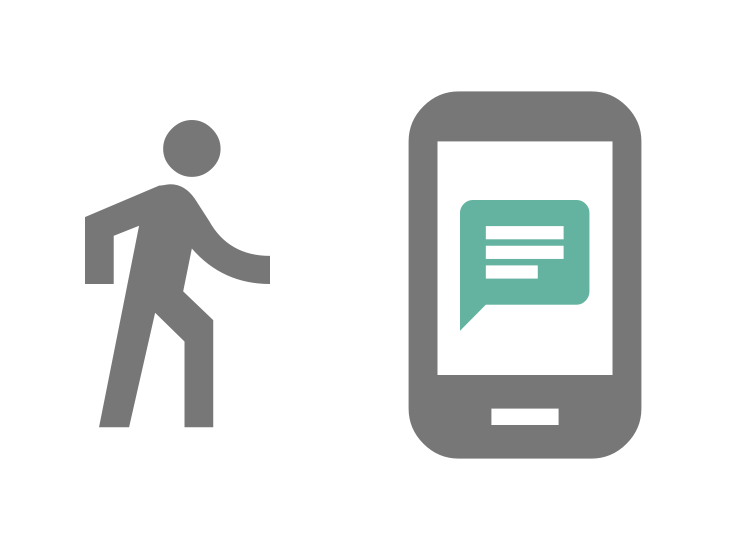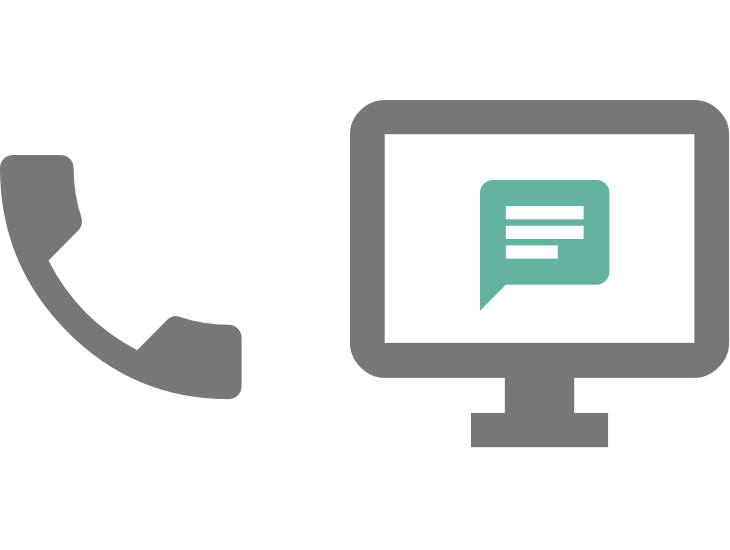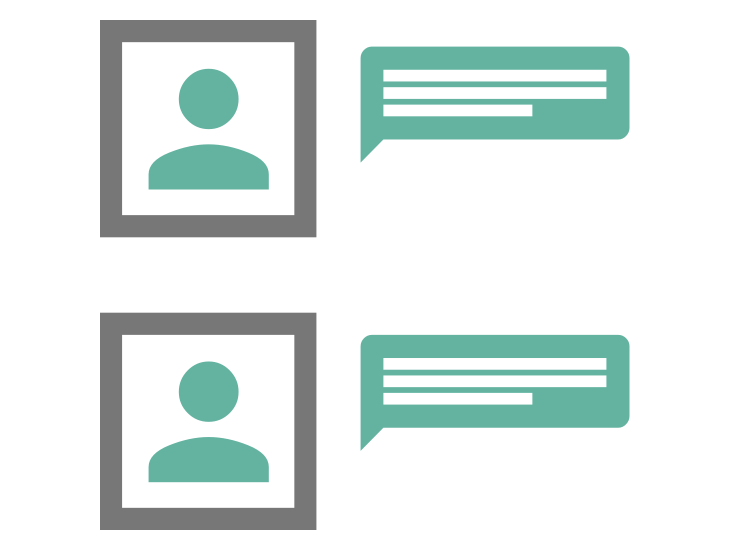GDLive Newsfeed
We check in with people at each stage of the cash transfer process to see how things are going. Take a look at some of their stories as they appear here in real-time.
Learn more about how recipients opt in to share their stories.

access_time
almost 2 years ago
Sidi
received an initial payment.
"I rely on charcoal burning to provide for my family. Due to the low demand for charcoal, I can make a sale of around KES 350 after every two weeks. With the rising commodity prices, the income barely covers the cost of two days' worth of food. This is why my family is accustomed to going without food for nearly half a month and surviving on a cup of tea per day. So, when I received the transfer, I prioritized most of it, KES 800, towards food. I contributed the remaining funds to my deceased sister-in-burial law's funeral service."
View Sidi's
profile

access_time
almost 2 years ago
Happy
received a $468 initial payment.
"My sardine business has not been enough to sustain my family. I have been relying to this business for a long time in taking care of my children’s upkeep and wellbeing but due to the inflation of prices for commodities the business was no longer reliable and life took the left hand side direction. I am grateful for the support I received from GiveDirectly because it changed my life to a promising angle. I was able to take back my children who had been sent out of school due to school fees, I also paid examination fees for them plus next term fees."
View Happy's
profile

access_time
almost 2 years ago
Juliana
received a $468 initial payment.
"I am a mother of five, four are grown and independent and one is still living with me. To feed my family I rely on dairy and maize farming on a small scale.
During enrollment, my first plan was to buy a dairy cow. True to my word, KES 20,000 was spent on a heifer when my transfers arrived. Once these reproduce it will be a source of milk and income majorly for household consumption.
Secondly, KES 4,000 was spent on a bag of maize. And as we speak a kilo of maize meal is now KES 100. The remainder will be over in a week. Earlier on, my weekly household budget was KES 1,000 spent on maize, sugar vegetables, and soap but this has gone up the due increase in commodity prices.
Thirdly, KES 10,000 was spent on 1,500 liters of the water tank. This helps store more water compared to the smaller one I had.
Lastly, KES 5,000 was used on the latest clothing fashion which is of high quality compared to second-hand clothes."
View Juliana's
profile

access_time
almost 2 years ago
Kavumbi
received a $10 initial payment.
"The transfer made an enormous difference in my life because I bought food that prevented my children from starving. Unlike previous months when I would buy food on credit, the situation is different because of the high prices of food products. Shopkeepers are unwilling to sell on credit, making it hard to feed the family when I do not have money."
View Kavumbi's
profile

access_time
almost 2 years ago
Langat
received a $452 second payment.
"When I received my second transfer, I spent KES 46000 to purchase two heifers and used the remaining amount on food and other household necessities. The heifers are an investment to me that will serve as our source of income. In our region, we depend mostly on dairy farming since the prices of farm inputs have continued to increase while the sizes of land decreases. Because of this, crop farming is no longer profitable as it used to before."
View Langat's
profile

access_time
almost 2 years ago
Joyce
received a $468 initial payment.
"I am a mother of four and have been relying on small-scale farming of beans and maize for household consumption.
Since my firstborn will be sitting for her primary school national exams come the end of the year. There is a need to save towards her high school fees come next year. Therefore, when the transfers arrived I bought a dairy cow at KES 35,000 as an investment for her school fees.
Secondly, KES 16,000 was spent on two bags of maize. This has helped reduce food expenses in my household, especially at this time of the inflated food prices when I should be spending KES 500 a day.
Lastly, KES 10,000 was spent on the purchase of the latest clothing fashion which is of high quality. This is contrary to the low-quality second-hand clothes we could afford before."
View Joyce's
profile

access_time
almost 2 years ago
Joyce
received a $10 initial payment.
"My profession is a teacher. I teach at a nearby school not far away from my home. I am the sole breadwinner of my family and tasked with the additional responsibilities of paying school fees for my younger siblings. This has put some pressure on my finances in the past few months, since I cannot cater to all my bills. I started a hotel business selling fast foods so that I earn extra income and use it to pay school fees for my siblings. The business has been on a downward trajectory for the last two weeks because of the hike in food prices. I Had little money left to buy more stock that will keep the business running. When I received my first transfer of KES 1200, I bought more stock for the business. I am happy that the business is picking well and will help me earn a large amount of profit and use it to pay school fees for my siblings."
View Joyce's
profile

access_time
almost 2 years ago
Mwenda
received an initial payment.
"My husband is the sole breadwinner in the family. He earns a living as a “Boda Boda” motorcycle rider. In recent months, he has faced serious financial challenges that have hindered him in fully providing for the family. The sharp rise in fuel prices has led to an increase in transport costs. His customers are opting to use alternative sources of transport. This means he does not earn any income, and it becomes difficult for him to pay school fees and buy food for the family. When I received my first transfer, I spent KES 400 to pay school fees for my son, who was in primary school and was at home due to school fee arrears. Besides paying school fees, I spent KES 800 on food for the family. The increase in food prices has made it difficult to buy food as a 2kg packet of flour goes for KES 200. The little income he earns makes him struggle to buy food daily for the family."
View Mwenda's
profile

access_time
almost 2 years ago
Purity
received an initial payment.
"I own a small tailoring business along the roadside. The business has been on a downward trajectory for the past four months. I have lost many customers who are blaming the tough economic conditions. My husband is a public service vehicle driver. The rise in fuel prices has not spared his job. As a result, he earns much less than he used to last year. The tough economic conditions have affected our capability to provide for our family (three children). Having three meals a day is no longer possible, as we currently survive on one meal per day. My children have suffered a lot as they often stay home due to a lack of money to pay their school fees. Therefore, when I received my first transfer, I spent it all on buying food for my family. My husband and I could not earn any money the previous week, hence unable to buy food."
View Purity's
profile

access_time
almost 2 years ago
Kahindi
received an initial payment.
"I own a small shop by the roadside selling food items such as maize flour, sugar, salt, and tea leaves. In recent months, I have experienced a reduced number of customers visiting my shop because of the hike in prices of the food items. This has affected my job and I do not have enough stock in my shop to sell to my customers. It thrilled me upon receiving my first transfer. I spent KES 800 on buying two hens that will serve as an alternative source of income now that my kiosk business is not doing very well. Besides buying the hens, I spent the remaining KES 350 on buying food for my family. Having few customers means little profit and hence I could not buy food for my family."
View Kahindi's
profile





